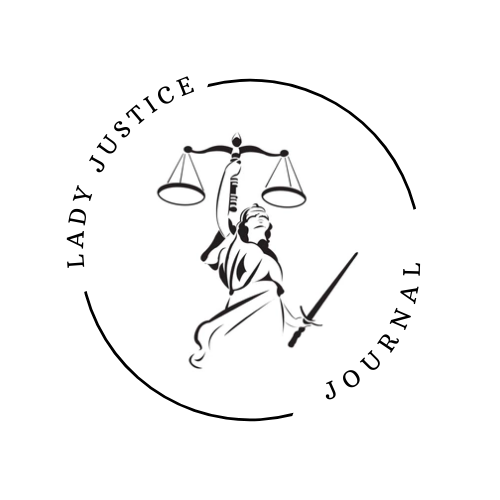Gerrymandering as a Path to Undemocratic Representation
Main Article Content
Abstract
Gerrymandering is a practice of deliberate and unfair manipulation of district lines to favor one party over others during the election cycles. This political ideology has emerged as a resilient issue in American politics which quietly steals voices from citizens who are often not aware of its negative effects and far-reaching implications on equal representation. This paper examines the way gerrymandering creates a path to an undemocratic representation through the analysis of historical origins of gerrymandering and its close relationship with the redistricting process. Additionally, the technological advancements in the redistricting process, and an examination of notable election cycles and Supreme Court cases are one of the main tools that delve into the negative consequences of gerrymandering throughout this analysis. Notably, the paper also analyzes a way of reversing the practice of gerrymandering through utilizing governmental laws and authorities in the American political system.
Article Details

This work is licensed under a Creative Commons Attribution-NonCommercial-ShareAlike 4.0 International License.


